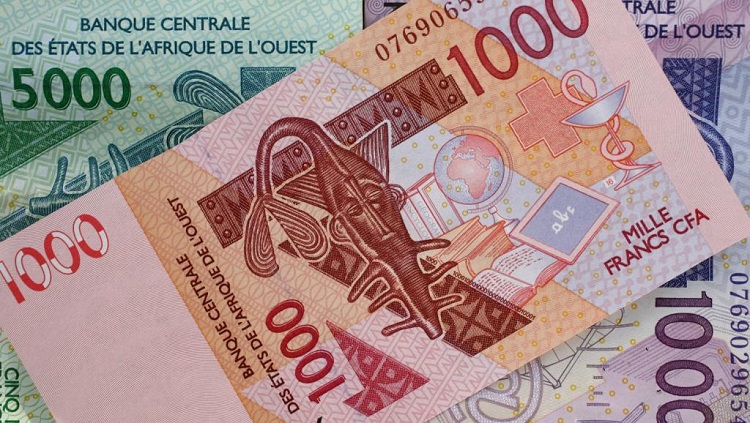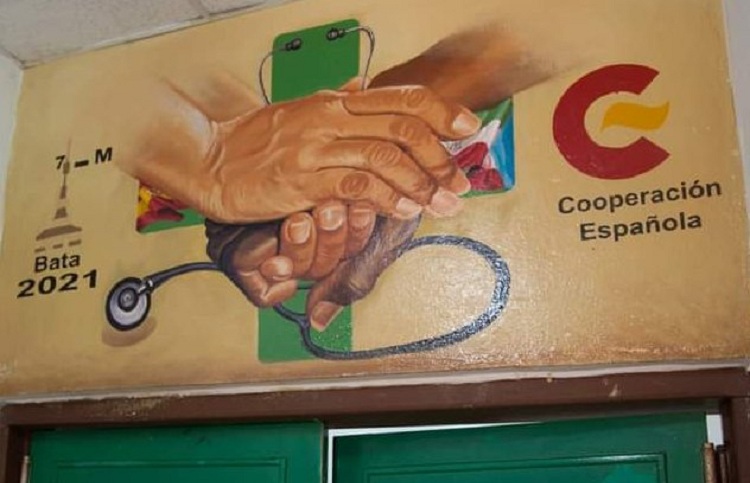The Diplomat
The West African region offers good business opportunities for Spanish companies thanks to geographical proximity, low market saturation, the good image of Spanish products and the low incidence that, for the moment, COVID-19 has in this area.
This is what emerged from a webinar organized at the end of March by the Secartys business cluster, in which Ebury, a financial technology (fintech) company specializing in international payments and currency exchange, and Inafrica Strategy, an internationalization consultant specializing in the African continent, analyzed the new business opportunities offered to Spanish companies in the West African region, “an area that groups 17 countries with 340 million inhabitants, and which in recent years has experienced economic growth of between 6 and 8%”.
“Ivory Coast, Ghana, Senegal and Nigeria are the four most important countries with the most opportunities for Spanish companies”, said Daniel Vives, director of Inafrica Strategy, during the meeting, in which he recalled that there is a free trade plan in the area that could favor the distribution of Spanish products from these four countries to other smaller countries in the same geographical area.
Two of the most important characteristics for considering these countries as possible partners or distributors for Spanish companies are their relative geographical proximity to Spain and the low saturation of the market. “It is a territory close to ours, which generally translates into facilities when it comes to transporting our products and, in addition, there is little competition”, explained Daniel Vives.
Other favorable factors, he continued, are the “good image enjoyed by Spanish products”, which could facilitate entry into local markets, and the low impact that the COVID-19 pandemic is having, for the moment, on the African population, a temporary factor that allows the local economy to continue functioning “almost as normal”. At present, according to Vives, there are no restrictions on mobility within the four main countries and, “although the virus is also present there”, the scenario is favorable for developing business.
Among the less favorable factors for business, the partner and co-director of Business Development at Ebury Spain, Luis Merino, recalled that most West African countries operate with their own currencies which “are complex, as they are mostly affected by high volatility”. However, Côte d’Ivoire and Senegal share (together with twelve other countries in the area) the West African CFA franc, “a somewhat more stable currency”, which maintains “a fixed exchange rate against the euro” and, for that reason, has “very little volatility”. On the other hand, the Nigerian Naira (NGN) and the Ghanaian Cedi (GHS) “are much more volatile currencies, so it is advisable to insure operations with a product that hedges the exchange rate”.







